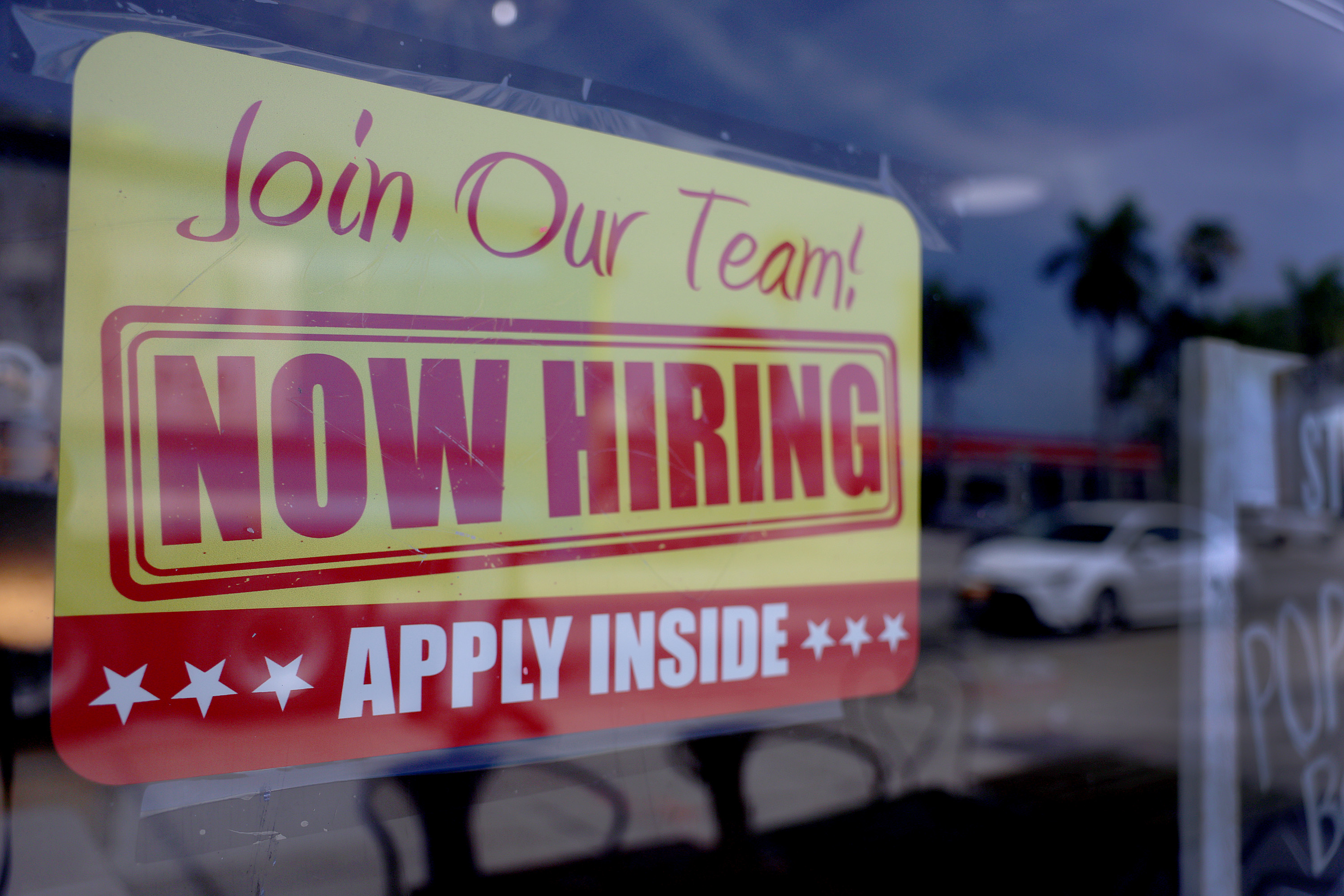Jobs
Florida sees biggest rise in people quitting their jobs

For the second month in a row, Florida saw an uptick in people quitting their jobs, new data from the Bureau of Labor Statistics showed.
In August, 28,000 more Floridians quit their jobs than did in July, going from 264,000 to 292,000—a 0.3 percent change that represents the biggest rise in quitting rates that month compared to other states.
A month prior, the Bureau of Labor Statistics found that from June to July, the difference in the number of people quitting their jobs in Florida increased by 63,000. The Sunshine State also recorded the highest jump among the most populous states, including New York, Texas and California.
The mass resignations differ from what’s happening on the national level. In July, employers added 114,000 jobs in the U.S., but that was a significant drop from the 179,000 jobs posted in June.
Joe Raedle/Getty Images
According to Michael Ryan, a finance expert and the founder of michaelryanmoney.com, prices in Florida may have pushed people to leave their jobs in recent months.
“Florida has gotten a lot more expensive,” Ryan told Newsweek. “We’re talking housing prices, rent, groceries, utilities—all of it. Places like Miami, Tampa, and even smaller cities have seen a massive spike in the cost of living. For a lot of folks, their paychecks just don’t stretch like they used to. Imagine working just as hard—maybe even harder—and feeling like you’re falling behind anyway.”
Florida’s labor laws are less worker-friendly compared to states such as California, Ryan said, so burnout may also be playing a role.
“Employees feel like they’re being asked to do more for less, and with fewer protections, they don’t feel secure,” he added. “When you combine the pressure of rising costs with job dissatisfaction, you get a lot of people who are ready to walk out and look for something better.”
While the job market is seeing waves of new businesses pop up in the aftermath of the pandemic, job creation generally hasn’t kept pace, he said.
“When people start feeling financially squeezed, they’re more willing to take risks,” Ryan continued. “Quitting a job used to be seen as risky, but for a lot of Floridians today, staying put feels like an even bigger gamble.”
Alex Beene, a financial literacy instructor at the University of Tennessee at Martin, said mental health was also driving much of the quitting rate.
“With mental health, it’s the strain of having additional responsibilities handed to employees, especially in states like Florida that have seen substantial increases in many of its cities’ populations in recent years and have had difficulty finding enough employees at some businesses to meet that new demand,” Beene told Newsweek.
For those who are leaving their jobs, they might find high demand in industries such as hospitality, construction and health care. Remote work has also allowed people to pursue higher-paying opportunities.
“For the economy, this signals a dynamic labor market but could lead to instability. High turnover may disrupt productivity in key sectors, forcing businesses to raise wages or improve conditions, which could drive up costs long term,” Kevin Thompson, a finance expert and the founder and CEO of 9i Capital Group, told Newsweek.
The wave in resignations could foreshadow migration out of the state as people search for a lower cost of living and job security. States with stronger worker protections could also see a surge in population.
“Florida’s labor market—much like its leadership—prioritizes profits over people. Workers are fed up with low wages, minimum benefits, and lack of work-life balance,” HR consultant Bryan Driscoll told Newsweek.
Driscoll said Florida’s future economy would likely feel the hit from the resignations, but that the state would continue to be a tourist destination.
“The state’s economy will feel it, though not as much as it could since Florida is a tourist destination and some workers will fill the gaps, either from moving to Florida or existing workers being forced to pick up more work,” Driscoll said. “Without real change in how workers are valued and protected, this trend will continue to hit businesses hard.”









